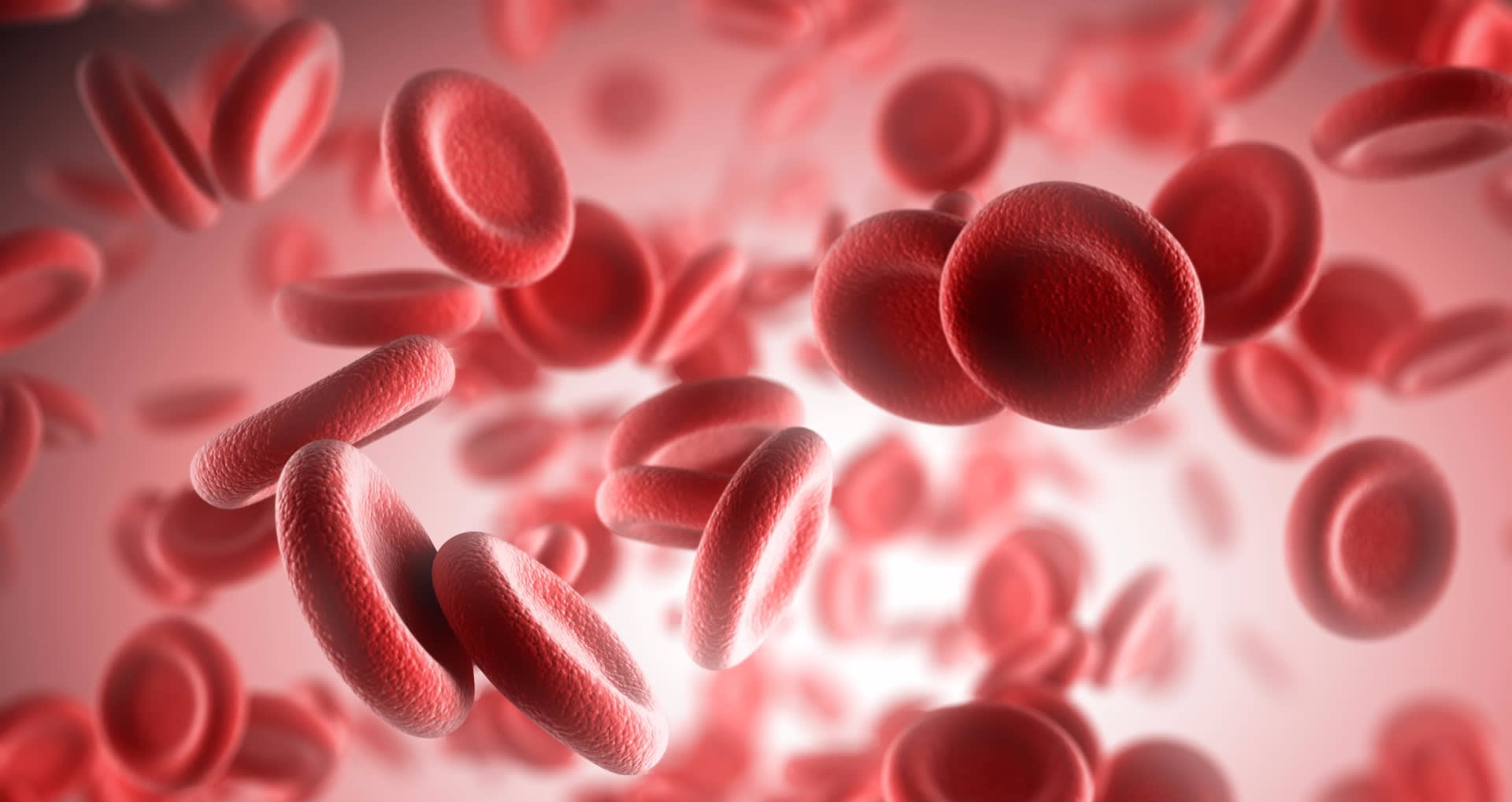
Prostate Check

Early detection is your protection
More than 9,000 men die of prostate cancer in the UK each year and the key to survival is catching it early. Generally a slow growing disease, the majority of men diagnosed with low grade prostate cancer live for many years without symptoms and without it spreading. However high grade disease spreads quickly and can be fatal.
A number of risk factors are linked to an increased chance of developing prostate cancer including age and family history. There is also evidence that diet and lifestyle are risk factors for prostate cancer.

In the early stages of prostate cancer there may be no symptoms, but in the later stages might include the frequent need to urinate, finding it difficult or uncomfortable to urinate and finding blood in urine or semen.
This simple PSA test measures the level of PSA (prostate specific antigen) which can be elevated in cases of prostate cancer. Note that a high PSA test result does not necessarily mean cancer as prostate diseases other than cancer can also cause a higher than normal PSA test level.

